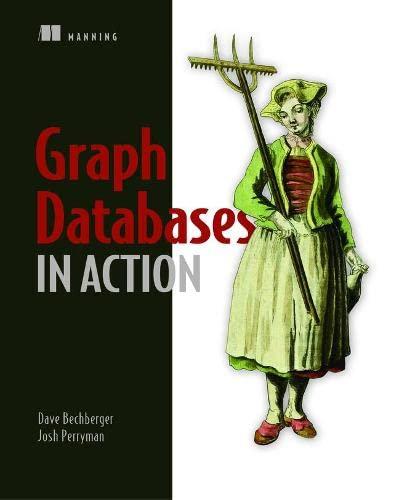Question
Using UNIX answer the following question please! Question has 7 short steps Q4. Commands to study to answer this question: Read about test, shift, while
Using UNIX answer the following question please! Question has 7 short steps
Q4. Commands to study to answer this question: Read about test, shift, while loop, expr, displaying the value of the two-character variable $1 using echo command
1) Exit from script, if is currently enabled; if it is not enabled, skip this item (1) 2) Using the vi editor, create a shell script file that displays the first 12 command line arguments. You must use a while loop, expr and shift shell commands in the script to do this question. 3) Issue script command to capture the output of the items below 4) Add execute permission to the file 5) Display the attributes of the script file 6) Display the content of the script file 7) Run the script file by typing the name of the script file and specifying 14 or more arguments
The following are helpful hints in creating the shell script file for this question: The expr command can be used to perform arithmetic operations. For example, the value of a user defined variable, count can be incremented by 1 (that is, add 1 to count) by using the following expr command. count=`expr $count + 1`
NOTE: (1) there should be no space before and after = when storing a value into a variable, (2) Reverse quote (`) is used and not forward quote () in the above command.
Following are the relational operators that can be used in shell scripting: Operator Description Operator in Java and C++ -eq equal == -ne not equal != -lt less than < -le less than or equal <= -gt greater than > -ge greater than or equal >=
The test command is used to evaluate the value of an expression. Value of an expression with the above relational operators will be a Boolean value, true or false. The following test command checks whether the value of the variable count is less than 12: test $count -lt 12
Alternately, the square brackets [ ] can be used instead of the word test to evaluate an expression. For example, the above test command can be issued as follows using square brackets: [ $count -lt 12 ]
Note, there must be space before and after [ and ], before and after lt and after 12 in the above statement.
Step by Step Solution
There are 3 Steps involved in it
Step: 1

Get Instant Access to Expert-Tailored Solutions
See step-by-step solutions with expert insights and AI powered tools for academic success
Step: 2

Step: 3

Ace Your Homework with AI
Get the answers you need in no time with our AI-driven, step-by-step assistance
Get Started


